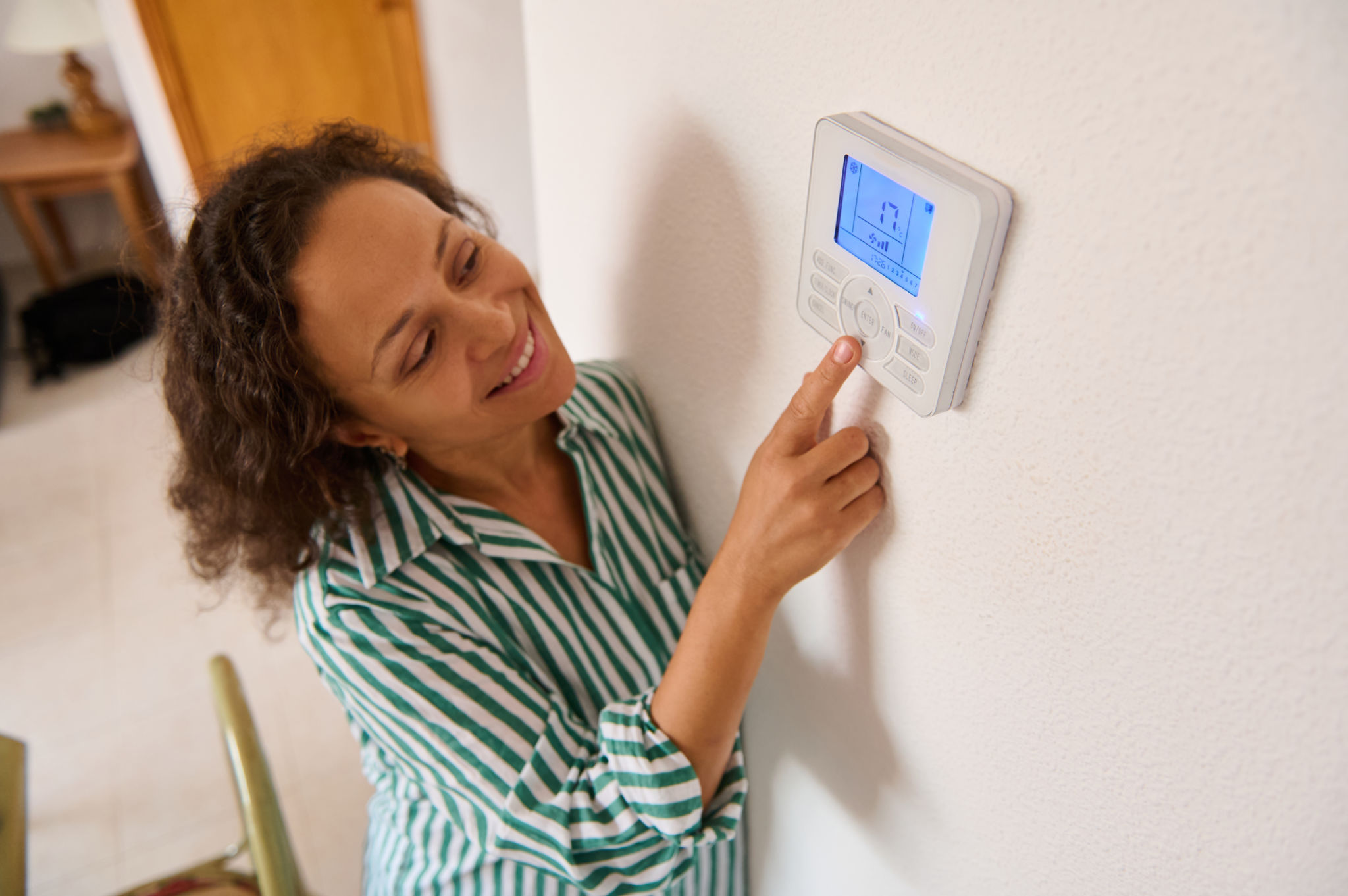DIY HVAC Troubleshooting: Common Issues and Solutions
Understanding Your HVAC System
Before diving into troubleshooting, it's important to have a basic understanding of how your HVAC system works. HVAC stands for Heating, Ventilation, and Air Conditioning, and it plays a crucial role in maintaining indoor comfort. These systems are complex, but some common issues can be resolved without professional help.

Common HVAC Issues
Some of the most frequent problems with HVAC systems include poor airflow, inconsistent temperatures, and strange noises. Addressing these issues promptly can prevent more serious and costly repairs down the line.
Poor Airflow
Poor airflow is a common problem that can result from various causes. One of the simplest solutions is to check and replace your air filters regularly. Clogged filters restrict airflow and can lead to inefficient operation.
Another potential cause could be blocked vents or registers. Ensure all air vents are open and unobstructed by furniture or drapes. If the problem persists, it might be a sign of ductwork issues that require professional attention.

Inconsistent Temperatures
Inconsistent temperatures throughout your home can be frustrating. This issue often stems from incorrect thermostat settings or malfunctioning thermostats. First, make sure your thermostat is set to the desired temperature and mode (heating or cooling).
If the problem continues, try recalibrating your thermostat or replacing its batteries. In some cases, upgrading to a programmable or smart thermostat can provide better control and energy efficiency.

Strange Noises
Unusual noises coming from your HVAC system can be alarming. These sounds often indicate a mechanical problem that needs attention. Rattling noises might mean something is loose inside the unit, while squealing may indicate a belt problem.
Turn off the system and inspect for any visible issues. Tighten loose screws or replace worn-out belts if necessary. If you are unable to identify the problem, it's best to consult a professional technician.
Preventive Maintenance Tips
Regular maintenance is key to keeping your HVAC system running smoothly. Schedule annual check-ups with a professional technician to ensure all components are in good working order. Between professional visits, there are several DIY steps you can take to maintain your system.
- Replace air filters every 1-3 months.
- Keep outdoor units free of debris and vegetation.
- Check for leaks or corrosion regularly.

By following these DIY troubleshooting tips and maintenance practices, you can enhance the efficiency and longevity of your HVAC system. Always remember that when in doubt, consulting a professional is the safest option to avoid further damage.
